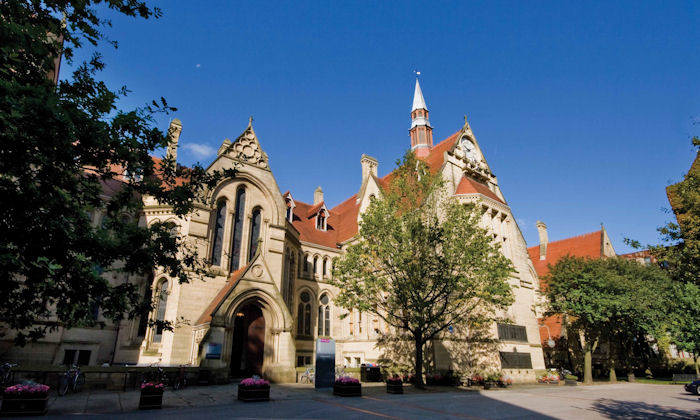University financial statements 2019/20
18 Feb 2021
Our financial statement is now available

Dear Colleagues
Our University has published its 2019/20 Financial Statements which you can find in full on the University website.
We want to be open and transparent with colleagues about where we get our income from and how we spend it, so we have put together an additional summary, which highlights the key messages from our Financial Statements.
Staff will have the opportunity to find out more information and ask questions at an SLT open meeting on 5 March.
Here are some of the headline messages.
Overview
This was an exceedingly challenging and unusual year for our University, with COVID-19 having a major impact on all aspects of activity. Consequently we have reported, a very small operating surplus of £5.2m (0.5% of income) compared to £50.0m (4.6% of income) as recalculated for 2018/19. We now calculate our operating surplus after depreciation, amortisation and capital income, to give a more accurate picture. This is significantly lower than previous years and far too low to meet our current needs and invest in our future ambitions, but is very much better than we had feared.
Action and response
We were quick to respond to mitigate the potential loss of income from tuition fees, research and other income streams due to COVID-19, and the very significant additional costs of COVID-19. In spring 2020 we instigated measures to make significant savings. This including halting all capital building projects that were not in contract, permitting only essential non-pay expenditure, furloughing staff where eligible and introducing a range of voluntary measures to save pay costs.
Temporary savings were also made as a consequence of many activities on campus ceasing during COVID-19 related restrictions and some planned expenditure was deferred. In other cases we spent more than planned. This included additional expenditure on student support and improved provision of online learning.
Looking forward
Even prior to the pandemic we needed to generate a larger surplus to reinvest in our core activities. This remains the case. We continue to face significant financial uncertainty around leaving the EU, the continuing issues around the funding of pensions in the higher education sector, the very major costs of giving students full rent rebates if they do not return to our residences and significant additional support for student wellbeing and mental health. The pandemic continues to disrupt activity and many of our costs continue to rise while our core income streams (UK fees and research grants and contracts) decline in real terms. We did make major non-pay savings because most activities on campus ceased, though many of these costs are deferred to later and will need to be met in future years.
Looking to the year ahead and beyond, whilst we met or exceeded our student recruitment targets, the full picture remains unclear. We have to consider the impact of dropout rates, increased costs for bursaries, pensions, rent rebates and the reduction in income from many sources.
We continue to operate safely and sustainably in these challenging times.
Nancy Rothwell, President and Vice-Chancellor
Robert Fraser, Chief Financial Officer
See the Glossary for an explanation of terms in italics
